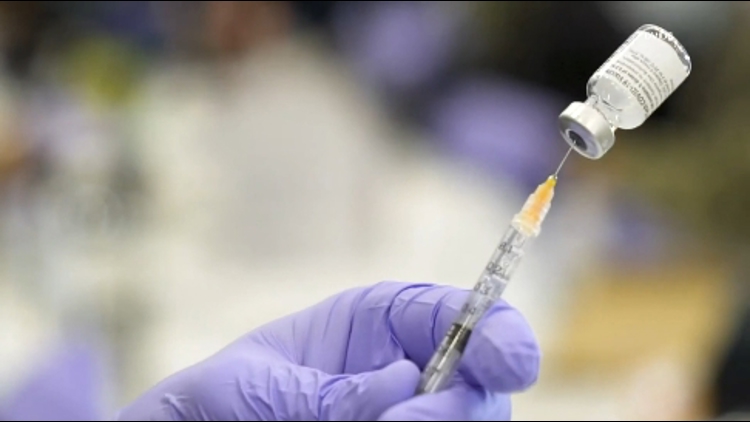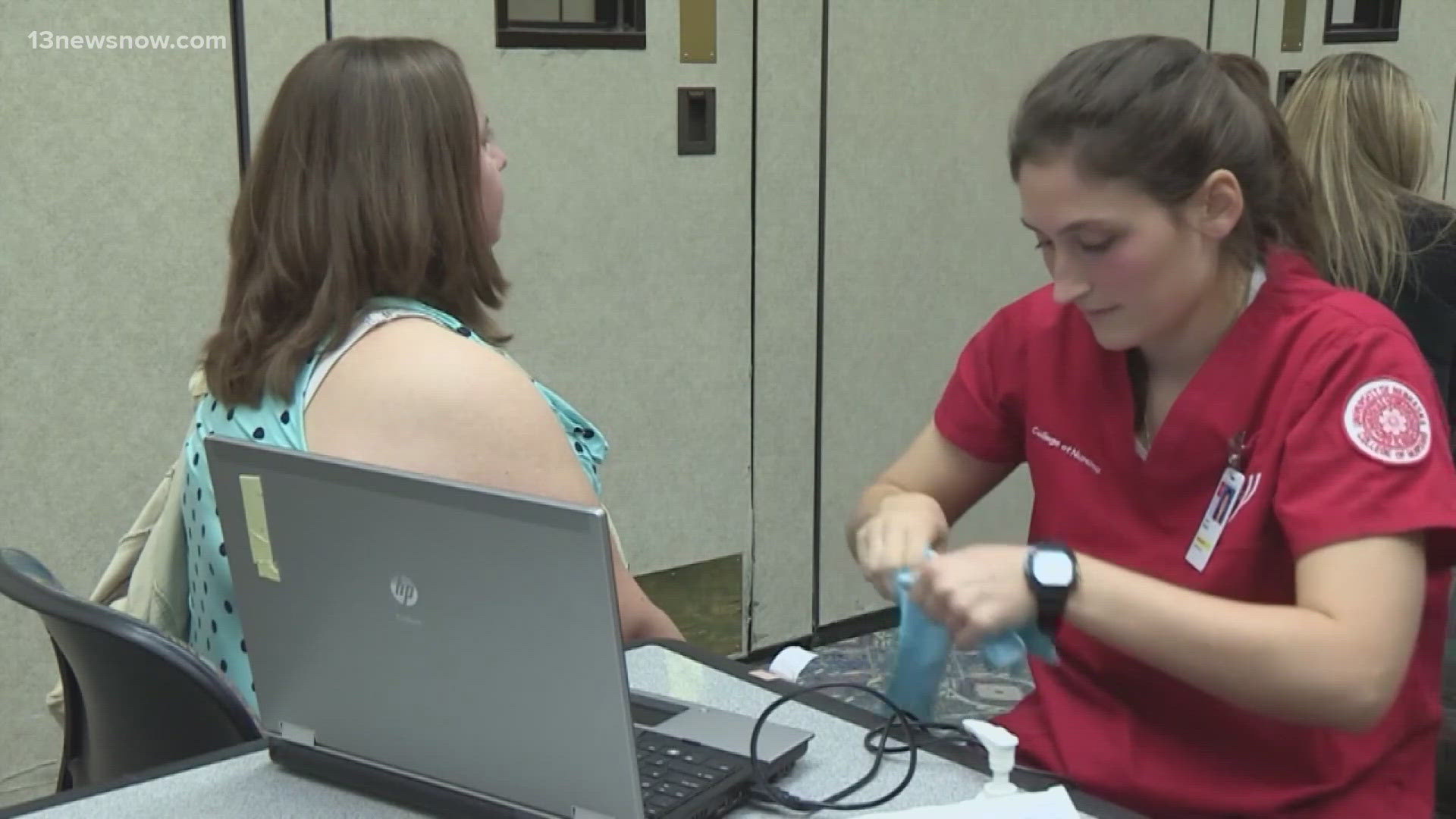At the end of the month, the federal program that has provided free COVID-19 vaccines to Americans regardless of insurance or income will end early due to a lack of funding.
Since September 2023, The Centers for Disease Control and Prevention's Bridge Access Program has ensured access to free COVID-19 vaccines for the more than 25 million Americans living without medical insurance.
After COVID-19 was declared to no longer be a public health emergency in May 2023, the federal government turned COVID-19 medication over to the commercial market; there, vaccine availability and cost vary depending on one's insurance, as well as other factors.
In order to bridge the gaps in vaccine accessibility that transition created, the CDC launched the temporary Bridge Access Program to maintain uninsured people's access to free COVID-19 care through their local health provider.
The program was originally scheduled to end later this year in December.
For now, COVID-19 vaccines will remain free for most Americans through their insurance plans. Additionally, the Vaccines for Children program continues to provide recommended immunizations, including the COVID-19 vaccine, free of cost to children nationwide. But at the end of the month, America's adults without insurance will be faced with a choice: pay out of pocket for future COVID-19 vaccines, or explore other coverage options.
Public health experts say thousands of uninsured Americans qualify for Medicaid — the joint state and federal program that provides health insurance to people with limited resources.
Virginia residents can check their eligibility status by heading to the Virginia Department of Social Services CommonHelp website.
In North Carolina, Medicaid coverage was recently expanded. Residents can learn more and see if they qualify by visiting the state Medicaid website.



